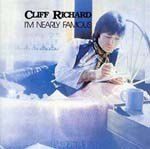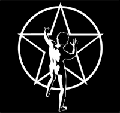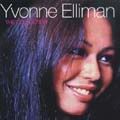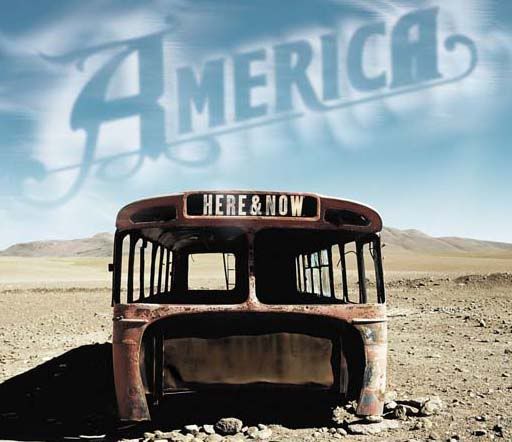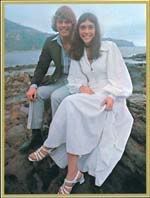Words and music by HARRY CHAPIN
From his 1972 album SNIPER AND OTHER LOVE SONGS
A kitchen-sink epic from the pen of Harry Chapin. The "little man" who is the main protagonist is trying to find the opposite of loneliness. He is on the brink of discovering that this is friendship, not sex, but the waitress' reply to him which forms the last line of the song shows that for her the vicious circle continues.It was an early morning bar room,
And the place just opened up.
And the little man came in so fast and
he Started at his cups.
And the broad who served the whisky
She was a big old friendly girl.
Who tried to fight her empty nights
By smilin' at the world.
And she said "Hey Bub, It's, It's been awhile
Since you been around.
Where the hell you been hidin'?
And why you look so down?"
Well the little man just sat there
like he'd never heard a sound.
The waitress she gave out with a cough,
And acting not the least put off,
She spoke once again.
She said, "I don't want to bother you,
Consider it's understood.
I know I'm not no beauty queen,
But I sure can listen good."
And the little man took his drink in his hand
And he raised it to his lips.
He took a couple of sips.
And then he told the waitress this story.
"I am the midnight watchman down at Miller's Tool and Die.
And I watch the metal rusting, I watch the time go by.
A week ago at the diner I stopped to get a bite.
And this here lovely lady she sat two seats from my right.
And Lord, Lord, Lord she was alright.
You see, she was so damned beautiful that she could warm a winter frost.
But she looked long past lonely, and well I on to lost.
Now I'm not much of a mover, or a pick-em-up easy guy,
But I decided to glide on over, and give her one good try.
And Lord, Lord, Lord she was worth a try.
Well I was "Tongued-tied like a school boy, I stammered out some words.
It did not seem to matter much, 'cause I don't think she heard.
She just looked clear on through me to a space back in my head.
It shamed me into silence, as quietly she said,
'If you want me to come with you, then that's all right with me.
Cause I know I'm going nowhere, and anywhere's a better place to be.
Anywhere's a better place to be.'
Well I drove her to my boarding house, and I took her up to my room.
And I went to turn on the only light to brighten up the gloom.
But she said, 'Please leave the light off, oh I don't mind the dark.'
And as her clothes all tumbled 'round her, I could hear my heart.
The moonlight shone upon her as she lay back in my bed.
It was the kind of scene I only had imagined in my head.
I just could not believe it, to think that she was real.
And as I tried to tell her she said 'Shhh.. I know just how you feel.
And if you want to come here with me, then that's all right with me.
'Cause I've been oh so lonely, lovin' someone is a better way to be.
anywhere's a better place to be.'
Well The morning come so swiftly I held her in my arms.
And she slept like a baby, snug and safe from harm.
I did not want to share her or dare to break the mood,
So before she woke I went out to buy us both some food.
"I came back with my paper bag, to find that she was gone.
She'd left a six word letter saying 'It's time that I moved on.'"
You know The waitress she took her bar rag, and she wiped it across her eyes. And as she spoke her voice came out as something like a sigh.
She said "I wish that I was beautiful, or that you were halfway blind.
And I wish I weren't so goddamn fat, I wish that you were mine.
And I wish that you'd come with me, when I leave for home.
For we both know all about emptiness, and livin' all alone."
And the little man,
Looked at the empty glass in his hand.
And he smiled a crooked grin,
He said, "I guess I'm out of gin.
And I know we both have been, so lonely.
And if you want me to come with you, then that's all right with me.
'Cause I know I'm goin' nowhere and anywhere's a better place to be."
